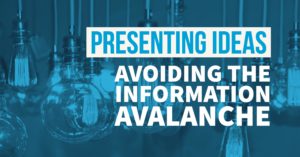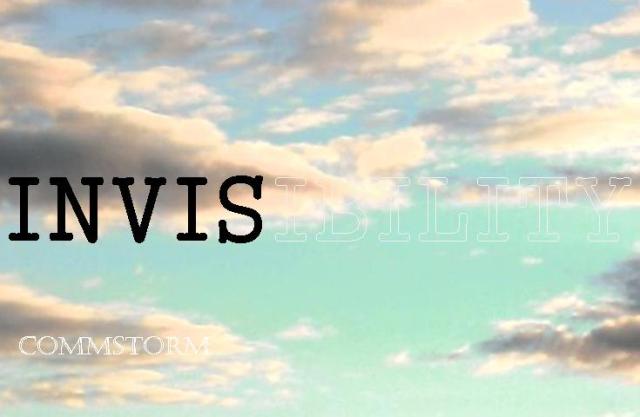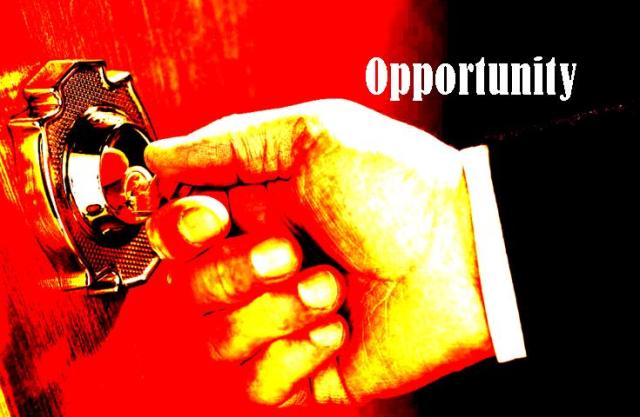 Some see serendipity as the hand of God. That divine intervention that saves or changes an outcome for the better. Others view it as pure luck, incredible coincidence or a happy chance.
Some see serendipity as the hand of God. That divine intervention that saves or changes an outcome for the better. Others view it as pure luck, incredible coincidence or a happy chance.
For me, serendipity is none of those things. Serendipity is what happens when you are ready for change, open to innovation and informed about possibilities. Serendipity should mean a careful assessment of circumstances that then inform action. Serendipity is also about stepping back and allowing natural curiosity and conversation to flow. It is only luck to those who can’t see the links between ideas, events and outcomes.
Not only do I NOT think serendipity is accidental, I would argue that we should think, plan and train for serendipity. In popular culture the word serendipity has come to mean a lucky discovery, while the origin of the word is something quite different. The story of “The Three Princes of Serendip” is widely held to be the origin of the word serendipity. In the story, a king instructs a select group of tutors to educate the three princes in their collective wisdom. When the tutors feel that they have taught the princes all that they can, they are presented to their father. Although the king is proud of their wisdom, he feels that they have been too sheltered and so sends his sons off into the real world.
The princes very quickly encounter a number of adventures and use keen observation and what later becomes the basis of the scientific method to discover the truth behind a number of mysteries. The stories of the three princes can be considered the origins of the detective story. In fact, the observations of the princes bear more resemblance to the behavior of Sherlock Holmes than they do to lucky discovery. Which brings us back to our current use of the word.
Serendipity is about being curious and observing all information, not just those bits that fit comfortably within your own paradigm. It’s also about being informed. It’s impossible to apply deductive reasoning or even to see the relationship between events if you are not informed. Encouraging curiosity and allowing yourself to follow your nose to see what you discover is a great way to cultivate serendipity.
A few years ago I was attending a board meeting in Vancouver. Early on the second day I woke up as the phone rang in my hotel room. It was my assistant calling me to tell me to look at the national newspaper before going downstairs to my board meeting. The story on the cover of the newspaper was one that would have my board members concerned. Rather than walking into an explosive situation unprepared, that phone call meant that I had time to gather information and do the necessary preparation to deal with their concerns coherently. As I walked into the room for our early breakfast meeting, I was calm as I knew how we could manage the unfolding events. My board members might have thought we were lucky, but I knew that my assistant was smart enough to know that the newspaper article could critically derail our meeting if I was unable to leverage serendipity.
When employees find simple solutions to complex problems or seize on opportunities, there is often a temptation to consider those outcomes, lucky. That’s a dangerous response to innovative behaviour. When we fail to recognize innovative behaviour, it’s like saying, don’t employ knowledge, experience and insight. Instead hope for luck. We know that when good behaviour is rewarded, it is repeated, so if we discourage the kind of inquisitive assessment necessary to make serendipitous events positive, then we risk missing out on transformative discoveries. Discoveries like Aspirin, insulin, antihistamines, Scotchgard, Teflon, Velcro, Nylon and the Post-It Note.
Do you give yourself enough time to cultivate serendipity?
Image courtesy of Chaiwat / FreeDigitalPhotos.net

 Who is the invisible conductor that makes our heart beat? How did the ten thousand heart cells agree to a rhythm? From the simple beat of our hearts to complex symphonies of sound we hear from an orchestra, why does music help us think? How can an acoustic pattern help us to learn and grow?
Who is the invisible conductor that makes our heart beat? How did the ten thousand heart cells agree to a rhythm? From the simple beat of our hearts to complex symphonies of sound we hear from an orchestra, why does music help us think? How can an acoustic pattern help us to learn and grow?









 Do you remember all the stories that were prompted by
Do you remember all the stories that were prompted by 
